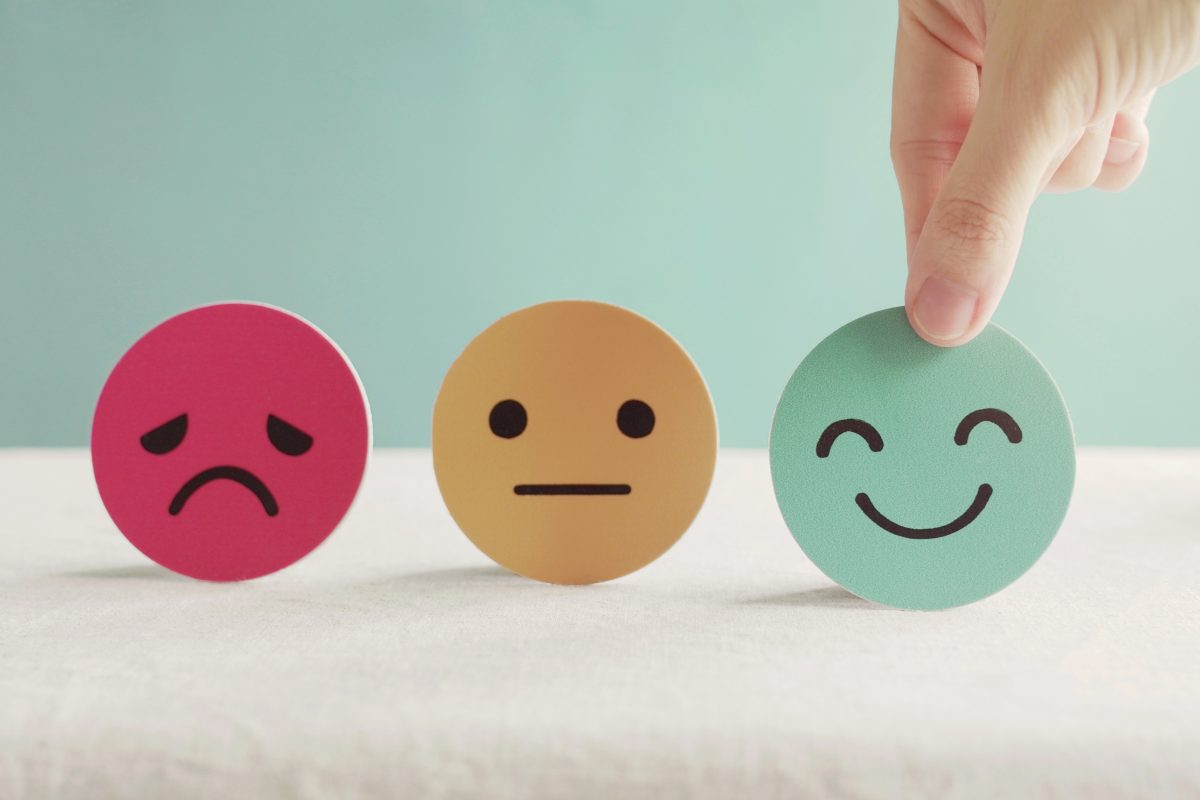As students’ grades are falling at alarming rates, so too is their mental health. During the pandemic, students have felt as if they have little to no control over their futures as the world around them changes.
According to Insider, “US schools are reporting massive increases in failing grades—and experts are questioning whether it’s students who are failing or the system that’s failing students.”
In the long run, many of the changes caused by the pandemic may positively affect students by introducing them to more modernized education. However, for current students, it can be hard to see the light at the end of the tunnel.
A senior at North Carolina State University studying communications (who wished to stay anonymous) told the Martin Center that her last year as an undergraduate has been tumultuous. “The pandemic has enabled my depression to control my life in more ways than I thought possible,” she said. “As someone who has had high-functioning depression for over 10 years, the pandemic and online learning have stripped away many of the coping mechanisms and techniques that I have utilized to maintain such high grades in college.”
She added that by the third semester of online classes, she’s lost motivation and stayed in bed. “I felt more prepared for the world as a junior in college when all of my classes were in person,” she said.
Nor is she an isolated case. The National Center for Biotechnology Information reported that students, particularly, are “experiencing many psychological effects such as fear, worry, and anxiety.”
A longitudinal study conducted by the NCBI revealed that students in 2020 were “more sedentary, anxious, and depressed.” These students also reported “decreased physical activity, increased phone usage, and fewer locations visited.”
Physical activity is important in keeping students engaged and healthy on campus. Students are no longer walking miles around campus and meeting friends or professors; instead, they are isolated and cooped up inside. It’s no wonder students are mentally deteriorating.
The NCBI study concluded that “the experience of a rapid online transition to remote teaching has revealed much about the deficiencies of the higher education sector, and, perhaps, much about what needs to change in universities.”
As universities are nearing the end of remote classes, they must decide what will re-invigorate their students.
Megan Zogby is a Martin Center intern.

